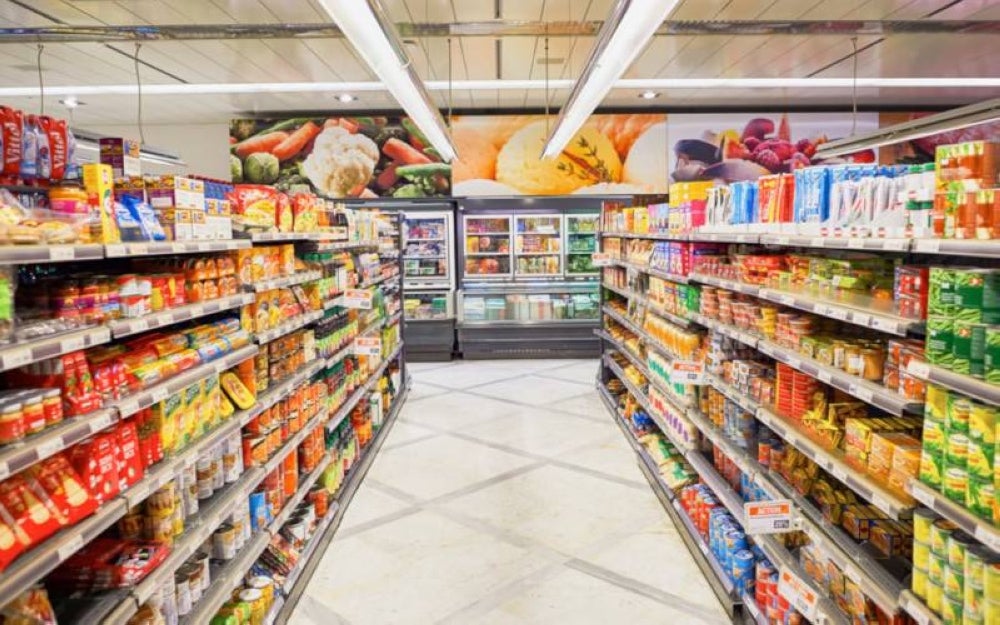Increase in price of goods until 2023

SHAH ALAM – Analysts predict the wave of rising prices of goods including food in the country is expected to continue until early next year.
According to them, it was based on the expected decline in Gross Domestic Product (GDP) and global economic development.
Universiti Putra Malaysia (UPM) Putra Business School economic analyst Associate Professor Dr Ahmed Razman Abdul Latiff said the declining GDP which contributed to the weakness of the ringgit would increase the price of goods, especially food whose supply chain depends on imported materials.
“Our dependence on some imported goods will cause a high cost of living.
“This has an impact, for example on chicken feed that has to be imported.
“When the cost of chicken feed is high, the price of raw chicken and eggs increases in the local market, “he said when contacted by Sinar Harian on Monday.
Razman said that the increase in monthly food prices was expected to remain high at more than five per cent starting the second half of 2022.
In addition, he said, the reopening of the economy in China after the end of the its ‘lockdown’ also contributed to the increase in the price of goods until early next year.
“The reopening of China’s economy is expected to begin in the third and fourth quarters of 2022. When this happens, the Chinese people will start spending.
“This will cause the price of food items to remain high,” he said.
On the impact of the decline in GDP in the second half of this year, Razman said although the job market was expected to remain stable, the situation was expected to disrupt the recovery of income growth among workers in Malaysia.
“The decline in the country’s GDP is partly due to internal factors such as the expected increase in the Overnight Policy Rate (OPR) and global political uncertainty,” he said.
On the other hand, Malaysian Institute of Economic Research (MIER) Head of Researcher Dr Shankaran Nambiar said the cost of living pressures involved not only basic food but also loan repayment of assets such as vehicles and houses.
He said the situation of uncertainty in the price of the goods was expected to last until 2023 although there were optimistic parties who predicted that it would subside at least by the end of this year.
He said this was due to the fact that apart from the Ukraine-Russia war crisis, the potential for a recession in the United States (US) next year was also one of the factors causing the price uncertainty of the goods.
“The US economy is huge, so the effects will be felt around the world.
“If the demand from the US is less, it will affect Malaysia’s total exports, indirectly affecting the country’s GDP, “he said.
To address the issue, Shankaran said, as a short-term measure, the government should continue to subsidise certain goods to the people to reduce the people’s spending pressure.
“For long-term measures, the government must increase the production and supply of food stuffs in the country, including by using food diplomacy with certain countries,” he explained.
Download Sinar Daily application.Click Here!














